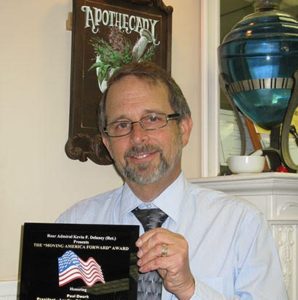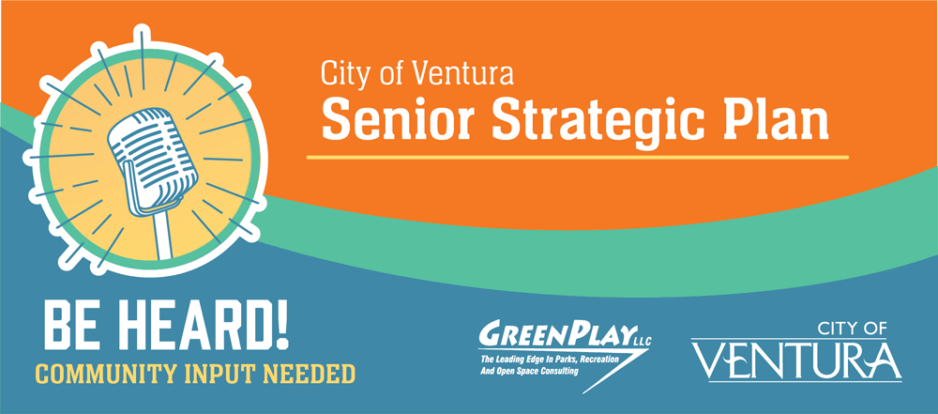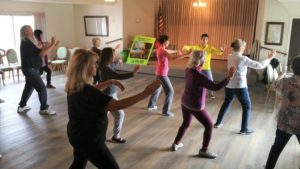by Lisa M Cini
Each year in the U.S. one in four people over 65 experiences a fall. It’s a common problem and can lead to a loss of independence, hospitalization, lack of confidence, and in some cases death. Avoiding falls in the first place is a vital aspect of living independently. Here’s how to prevent accidents in the home and make living independently a positive experience.
Assess Your Living Space. A few simple adjustments can mean the difference between falling and living independently safely. Take a minute to answer the following questions:
Is there a phone within easy reach?
Are there rugs on a polished floor surface?
How easy is it to get around your room?
Is clutter posing a hazard?
Do you need better lighting?
Get Safe Flooring. Making your floor as safe as possible is essential for preventing falls.
Invest in anti-slip tiles for bathrooms and kitchens to avoid sliding on water spillages or polished surfaces.
Make sure any rugs have anti-slip fixtures underneath to avoid slipping across the floor.
Consider a contrasting color for steps and rails to make them easier to see.
Since your feet spend so much time on the floor, make sure you have well-fitting shoes and slippers. Avoid flip-flops and flimsy footwear as these easily lead to trips and slips.
Consider the Lighting. Lighting equipped with sensors to come on when movement is detected is very helpful for stairs and bathrooms –or any room, really. Amber colored night lights help you see around the home at night and should be placed in stairs and bathrooms.
Install Handrails to Keep You Steady. Having a handrail in all high-risk places, such as the shower or stair, is another example of an easy adjustment to prevent falls.
Make the Garden Safe. Gardens are full of hazards so make sure your green space is as safe as possible.
Clear moss and old leaves from the paths to minimize the risk of slippery spaces.
When it is icy, make sure you lay some grit and have someone clear your paths.
Avoid too many pots and ornaments as they are easy to trip over.
Install lighting so you can see your way along paths in the dark.
Remember that you don’t have to do all the work in the garden or house yourself; you can get help from others to do the heavier jobs, which lessens your risk of falling.
Remove Clutter. Clearing clutter from steps and floors helps you avoid slips and trips. Don’t leave things lying around on the floor where they can cause a hazard. And avoid trailing wires when using electrical items.
Don’t stretch or balance on step ladders to get things on high shelves or awkward places, as it leads to falls.
Make sure you organize your living space so things you use frequently are within easy reach and you don’t need to climb on steps.
Avoid carrying too much at one time as this can set you off balance, resulting in a fall.
Join a Pilates / Yoga class or other exercise programs designed to help you avoid falling by maintaining good balance, core strength and posture techniques. Some exercises are chair-based, but most are gentle and set at a pace that the group can follow.
Footwear is important in the prevention of falls.
Give yourself time to adjust when moving from a sitting position. This helps you avoid dizziness from changes in blood pressure.
Taking these few easy steps to make your living space safer will help you avoid falls and stay independent for longer in your home.
Lisa is the author of The Future is Here: Senior Living Reimagined, Hive: The Simple Guide to Multigenerational Living, and BOOM: The Baby Boomers Guide to Leveraging Technology, so that you can Preserve Your Independent Lifestyle & Thrive.
Editor: Once again we have an article on fall prevention because it is so important for seniors.





